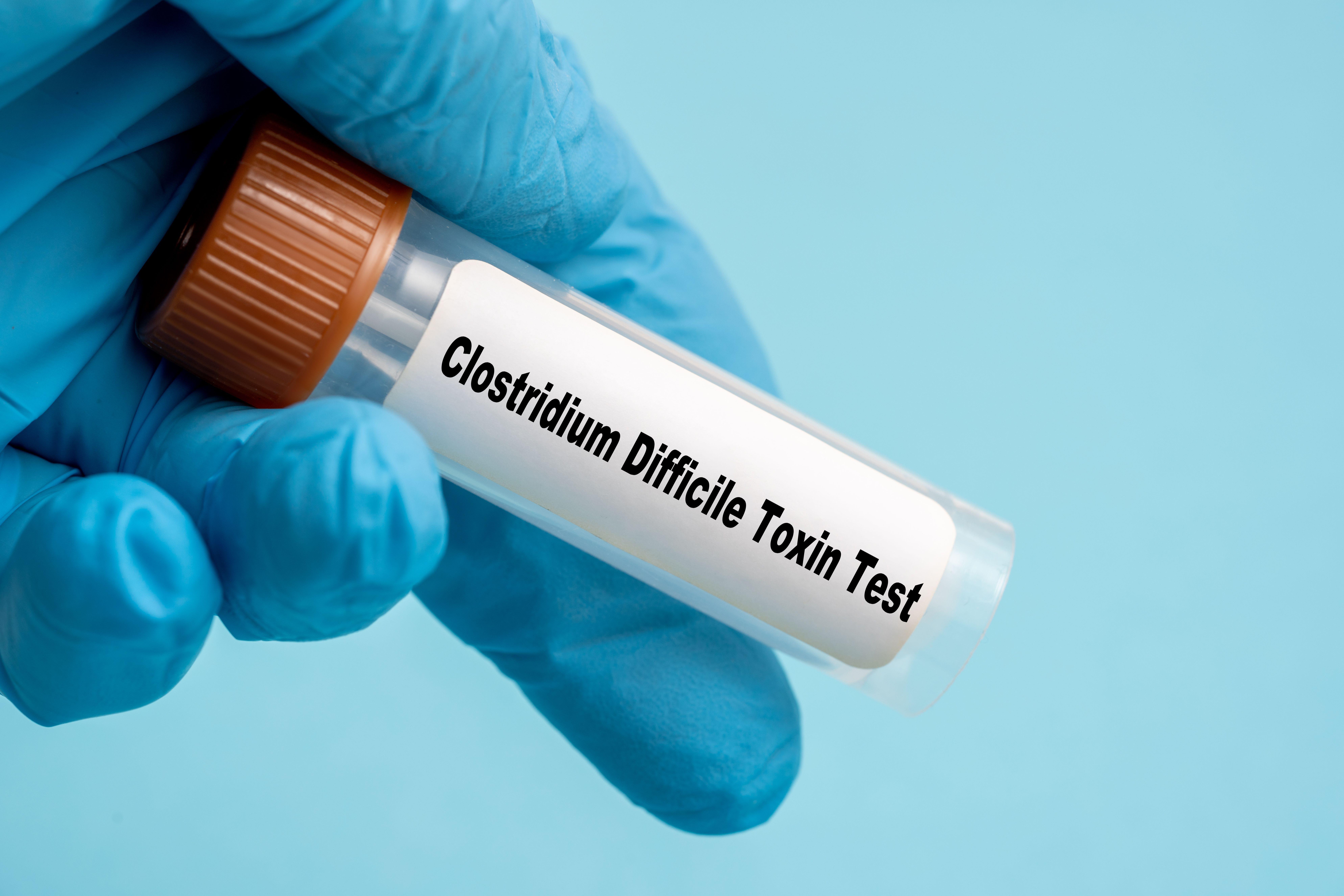Poo transplants to be offered to hundreds of NHS patients with superbugs
The treatment targets infections that are hard to treat with traditional antibiotics

Your support helps us to tell the story
From reproductive rights to climate change to Big Tech, The Independent is on the ground when the story is developing. Whether it's investigating the financials of Elon Musk's pro-Trump PAC or producing our latest documentary, 'The A Word', which shines a light on the American women fighting for reproductive rights, we know how important it is to parse out the facts from the messaging.
At such a critical moment in US history, we need reporters on the ground. Your donation allows us to keep sending journalists to speak to both sides of the story.
The Independent is trusted by Americans across the entire political spectrum. And unlike many other quality news outlets, we choose not to lock Americans out of our reporting and analysis with paywalls. We believe quality journalism should be available to everyone, paid for by those who can afford it.
Your support makes all the difference.Hundreds of patients with hard-to-treat superbugs are to be offered poo transplants on the NHS using gut bacteria from a healthy person’s faeces.
The treatment aims to restore healthy bacteria to the suffering patient by transfering it from healthy donor poo into their gut.
The health regulator, the National Institure for Health and Care Excellence (Nice), said that faecal microbiota transplants (FMT) should be considered for patients who have been treated for two or more Clostridium difficile (C. diff) infections without success.
C.diff is a type of bacteria that can cause diarrhoea and it often affects people who have been taking antibiotics.
The bug can usually be treated with a different type of antibiotic but it is sometimes referred to as a ‘superbug’ due to its resistance to treatment in some instances.
Nice said that clinical trials have shown that the poo transplant, or FMT treatment, is significantly better than antibiotics alone at resolving a stubborn C.diff infection.
It said that it had been presented with evidence that the treatment could save the NHS thousands of pounds.
Meanwhile patients may need to take fewer antibiotics and have reported a better quality of life after treatment, it added.
FMT swallowed in a pill or it can be delivered through a tube inserted directly into the stomach through the nose, or alternatively be deposited directly into the colon through a tube.
Mark Chapman, interim director of Medical Technology at NICE, said: “There is currently a need for an effective treatment of C.diff in people who have had two or more rounds of antibiotics.
“Our committee’s recommendation of this innovative treatment will provide another tool for health professionals to use in the fight against this infection, while at the same time balancing the need to offer the best care with value for money.
“Use of this treatment will also help reduce the reliance on antibiotics and in turn reduce the chances of antimicrobial resistance, which supports NICE’s guidance on good antimicrobial stewardship.”
Nice said that it made its decision after reviewing evidence from five trials of 274 adults.
The data showed that more C.diff infections were resolved with FMT than antibiotic treatment in four of the trials and there was no difference in the other.
It said the data showed that the treatment can resolve up to 94% of infections.
FMT can be considerably cheaper than antibiotics if given as an oral capsule – saving more than £8,000; it can save hundreds of pounds if given as a colonoscopy but it is more expensive when given as an enema.
Nice has estimated that 450 to 500 people in England could be treated using FMT for multiple recurrences of C.diff infections each year.
It said that a strict donor screening programme should be in place and that treatments should be manufactured in accordance with human medicine regulations.
Additional reporting by PA.





